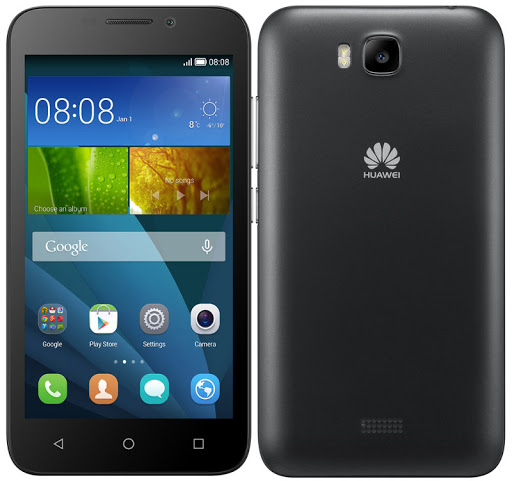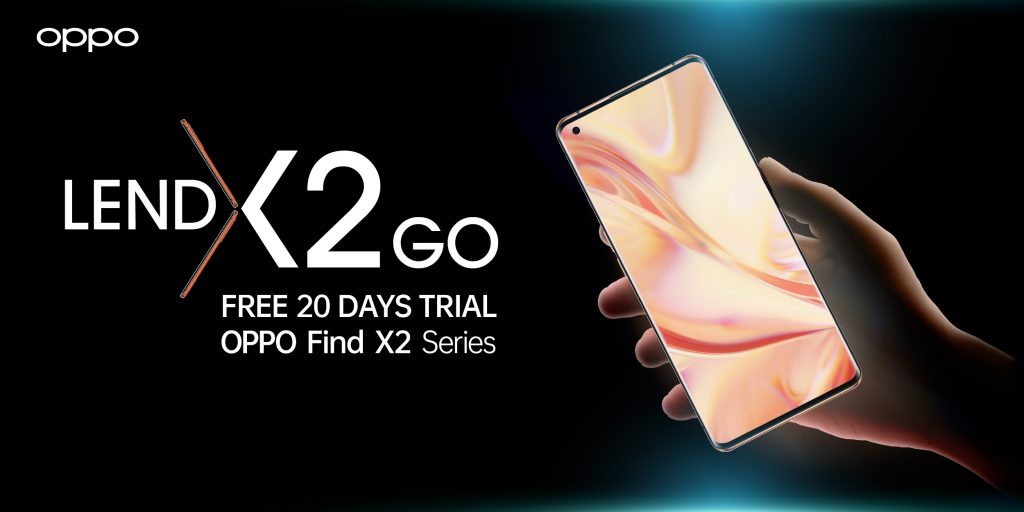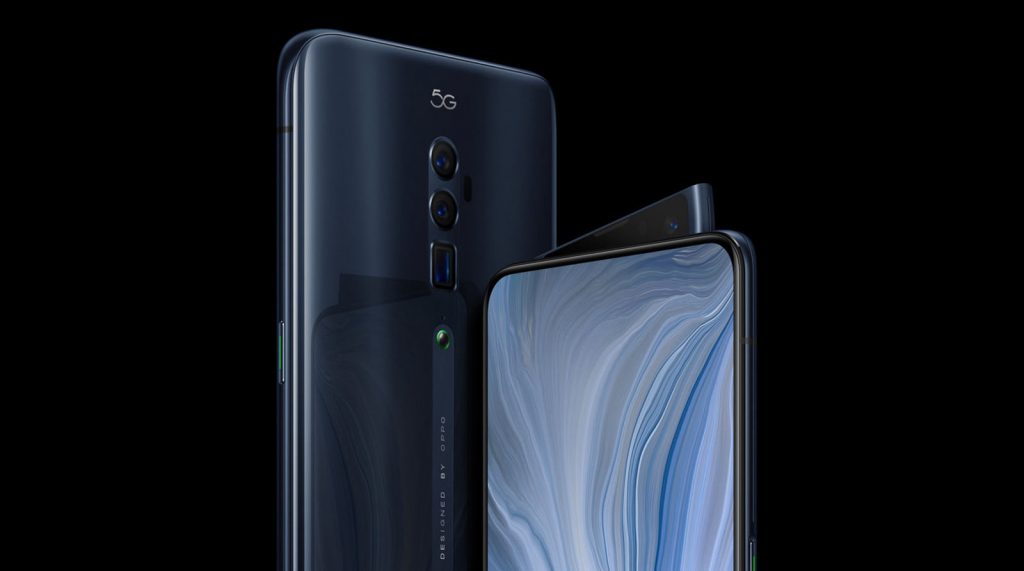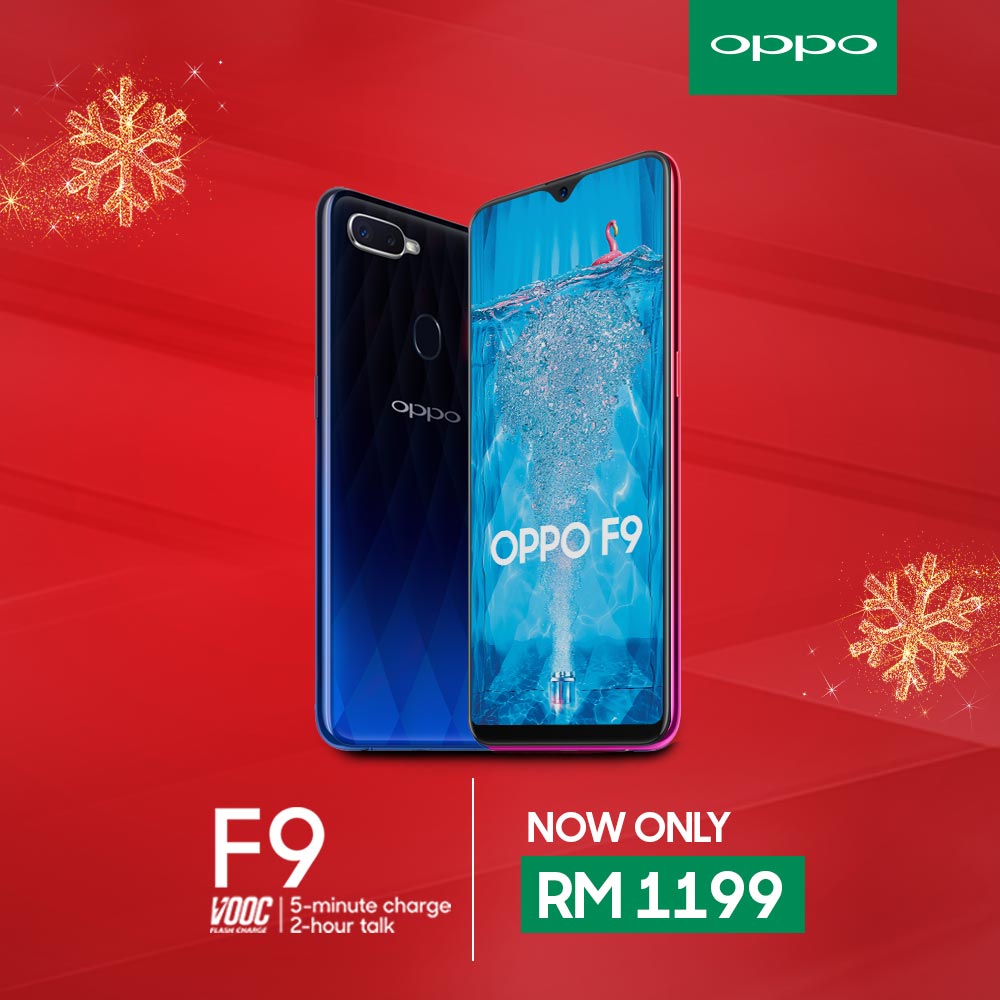Just like everyone, there are times that I have wondered “what are the best budget smartphones available out there for me to use as a second (spare) phone?” Best budget phone here means that something that not necessarily just to be used for the extra sim card that you have. It should be a smartphone with capability to at least do whatever your main smartphone could do. Of course not as a heavy performer, but imagine just in case you need to draft an email quickly without major noticeable lag. Other than that, let’s say you would want to use the Facebook app. In this case, it is the native app and not the Lite version of Facebook. Trust me there’s plenty of budget phones out there could not handle the memory usage of certain widely used apps.

For instance, let’s take the Samsung Galaxy V Plus as an example which has 512MB of RAM. This smartphone lags pretty bad and you can only use this phone solely for lightweight social messaging apps. There’s no chance for any phones with 512MB of RAM to have a decent usage with the Facebook native app.

For the sake of trying, I have even tried the Samsung Galaxy J1 Ace. Keep in mind that these phones are pretty new in the market and considered to be in the category of budget smartphones. On this smartphone, you get 768MB of RAM which is definitely better than 512MB. You can use this phone decently with of course there are noticeable lags here and there which makes your life slightly miserable depending on how patient you are.
Check out this table on how the apps use your RAM.
| Running Aplication | Used RAM | Remaining RAM |
| 70MB | 307MB Used by Running Apps 85MB Used by other apps/system 608MB RAM available |
|
| 60MB | ||
| 30MB | ||
| 23MB | ||
| 15MB | ||
| Path | 9MB | |
| BBM | 100MB |

Again, being undecided which budget smartphone to get, I came across an advertisement on the net about the newer yet cheaper version of the ASUS Zenfone GO (ZB452KG) . This one is pretty new which comes at 4.5-inch in size compared to the one we are quite familiar of which comes at 5-inch. The one and only area of specification that I usually care about in the first place will be the RAM of course. This 4.5-inch Zenfone GO (ZB452KG) by ASUS has 1GB of RAM.
Since this caught my interest, I went to the nearest ASUS centre near me and talked while trying out the new Zenfone GO (ZB452KG). I was caught by surprise as according to the salesman, there are two versions of Zenfone GO 4.5 (ZB452KG). One of them has VGA/5MP camera while the other has 2MP/8MP. Each of them priced at RM299 and RM329 respectively.

Another phone that I considered to get is the Wiko Lenny2. This phone has similar specifications as the ASUS Zenfone GO 4.5 (ZB452KG) as well, the price being not too bad either. But then, the only thing that comes to my mind between these two will be the establishment and after sales service. ASUS have been in this industry for quite some time and is widely used in Malaysia while Wiko just came into place. It could be better, but I prefer to play safe. J

Talking about established brands here in Malaysia, there’s also OPPO’s Neo 7. This phone is priced at RM798. The price is extremely high for a phone which comes with 1GB of RAM. Of course OPPO claimed that the price is high due to the availability of LTE on it.

There’s also Huawei’s very own Huawei Y541. This phone comes with 1GB of RAM and priced at RM339. This could be a possible choice to get as well. But then when I compare the Software version and the battery, there’s a huge gap compared to the ASUS. The ASUS Zenfone GO 4.5 (ZB452KG) comes with Android 5.0 Lollipop VS the Huawei which still comes with Android 4.4 KitKat. In terms of battery capacity, the ASUS has a bigger capacity at 2070mAh VS the Huawei at 1730mAh. Theoretically both are good brands, but when it comes to pricing and specifications, I don’t think you could get anything better than the GO series.
Almost forgot to mention, the frequently used apps these days only allow you to install them on the internal storage. The Samsung models mentioned packed and comes with only 4GB of internal storage. Why does this matter? Well, do not forget the Operating System itself will take up some space. For example the Android 5.0 Lollipop consumes 3GB of storage capacity, which leaves you with only 1GB of internal storage left. (Assuming your internal storage is only 4GB). As such the chances to get future updates and even the latest Android version 6.0 Marshmallow will be low as it will have insufficient storage space and the manufacturer would rather pass on the idea to make it available for those models.
Don’t ever look down on battery capacity. This is something that you should definitely prioritize when considering to get a smartphone. The numbers do matter. These days, the battery capacity shows clear difference on the overall battery life. For a smartphone to last at least a full day, you will need to have at least 2000mAh of battery capacity. Those with lower capacity could still reach the target, however you have to sacrifice a lot of usage time in order to preserve the battery life. You’re going to pay for this phone, might itself get something that excels in every perspective right?
Just check this table below and you will understand why I am just going to end up getting the ASUS.
Samsung Galaxy V Plus VS Samsung Galaxy J1 Ace VS ASUS Zenfone GO (ZB452KG) VS Wiko Lenny 2 VS Huawei Y541 VS OPPO Neo 7
| Criteria | Samsung Galaxy V Plus | Samsung Galaxy J1 Ace | ASUS Zenfone GO (ZB452KG) | Wiko Lenny 2 | Huawei Y541 | OPPO Neo 7 |
|---|---|---|---|---|---|---|
| Display | 4.0-inch TFT (480 x 800) | 4.3-inch AMOLED (480 x 800) | 4.5-inch IPS (480 x 854) | 5.0-inch IPS (480 x 854) | 4.5inch IPS (480 x 854) | 5.0-inch IPS (540 x 960) |
| Storage | 4GB internal storage + Micro SD slot | 4GB internal storage + Micro SD slot | 8GB internal storage + Micro SD slot | 8GB internal storage + Micro SD slot | 8GB internal storage + Micro SD slot | 16GB internal storage + Micro SD slot |
| RAM | 512MB | 768MB | 1GB | 1GB | 1GB | 1GB |
| Software | Android 4.4.2 KitKat | Android 4.4.4 KitKat | Android 5.1 Lollipop | Android 5.1 Lollipop | Android 4.4.1 KitKat | Android 5.1 Lollipop |
| Processor | 1.2GHz SC7727S Dual Core | 1.2GHz Cortex A53 Quad Core | 1.2GHz Snapdragon 200 Quad Core | 1.3GHz Mediatek MT6580M Quad Core | 1.2GHz Cortex A7 Quad Core | 1.2GHz Snapdragon 410 Quad Core |
| Battery | 1500mAh removable | 1900mAh removable | 2070mAh removable | 1800mAh removable | 1730mAh removable | 2420mAh non-removable |
| Camera | Main 3MP, Front VGA | Main 5MP, Front 2MP | Main 8MP, Front 2MP | Main 5MP, Front 2MP | Main 8MP, Front 2MP | Main 8MP. Front 5MP |
| Cellular Data | HSDPA+ | LTE enabled | HSDPA+ | HSDPA+ | HSDPA+ | LTE enabled |
| Price | RM265 onwards | RM364 onwards | RM329 onwards | RM299 onwards | RM339 onwards | RM798 onwards |
Not only that, the design itself caught my mind. It does not look like a >RM300 smartphone. The design language looks very identical to the higher end Zenfone 2 series. One particular thing to take note is the brand itself does not mean it is going to be a better phone disregard of the specifications. The brand and specifications should be decent with a proper price tag. You pay for what you get, that’s how you should decide on getting any smartphone for your budget. List down the potential candidates, shortlist them to reduce the choice based on specifications. Lastly, choose the brand you think could be the most reliable among all those shortlisted.






